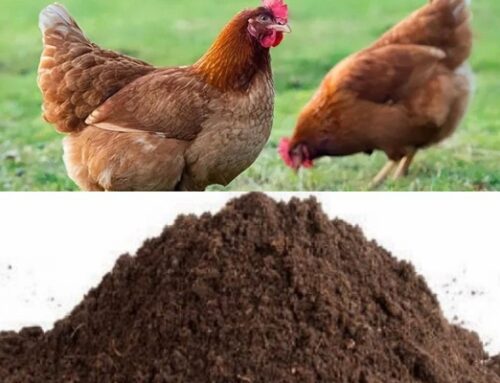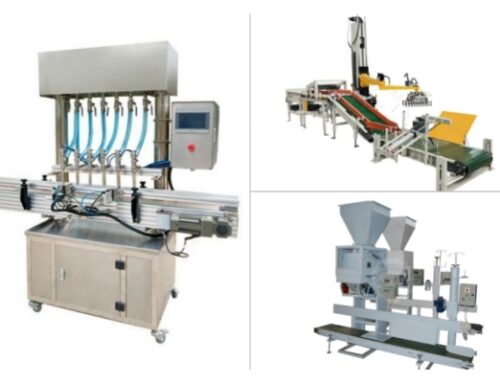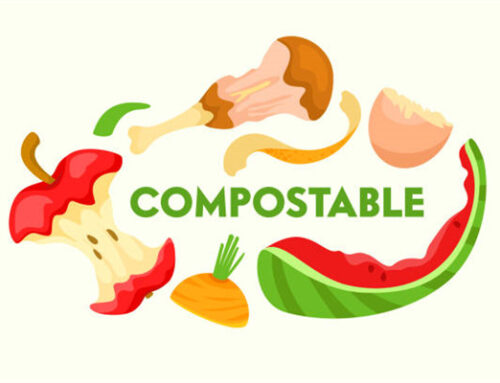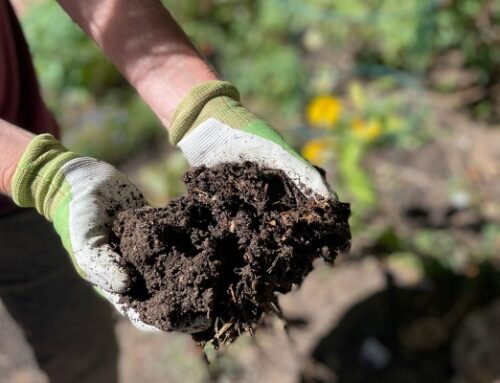The wheel type compost turner has emerged as the innovative assistant in the process of composting, making it more efficient, cost-effective, and environmentally friendly. Why to buy the wheel type compost turner? In this article, Shunxin, a professional compost equipment manufacturer will explore its benefits, and applications of the wheel type compost turner, shedding light on its significant contributions to organic waste management.
How Dose The Wheel Type Compost Turner Works?
Our company designs the wheel type compost turner to continuously flip, stir, and stack organic waste through the cooperation of the rotating wheel and the turning arm.

Structure of Large Wheel Type Compost Turner
Under the interaction between the two important parts, the compost is generally crushed, mixed, and fermented. Meanwhile, our machine is equipped with the automatic hydraulic system, which can adjust the lifting, landing and rotation angles of the arm to meet the needs of different materials’ disposal.
Benefits of Wheel Type Compost Turners
1. Speed & Efficiency of Compost Process
With their rotating wheels and powerful engines, the wheel type compost turner can provide the efficient and aeration of mass compost. Besides, the turning depth is 1.5-3 meters, and the turning width can reach 30 meters. This helps to speed up the decomposition process, resulting in high-quality compost in a shorter time.
2. Compost Quality Improvement
- The turning action of wheel type compost turner ensures that oxygen is evenly distributed throughout the compost pile, promoting the growth of beneficial microorganisms.
- The consistent turning, homogeneous mixing and proper aeration result in a more uniform decomposition of organic matter, leading to the production of high-quality compost.
3. Labor & Time Savings of The Organic Waste Management
By automating the turning process, wheel type compost turners significantly reduce the manual labor required for compost management. Moreover, this allows compost operators to focus on other essential tasks, saving time and increasing overall productivity.
The Application of The Wheel Type Compost Turner
The wheel type compost turner finds applications in various sectors, including:
1. Agriculture
Farmers and agricultural enterprises utilize the machine to convert crop residues, manure, and other agricultural waste into valuable compost for soil enrichment.
2. Municipal Solid Waste Management
Local authorities and waste management companies employ wheel type compost turners to process organic waste from households, restaurants, and parks, diverting it from landfills.
3. Industrial Composting
Industries generating large volumes of organic waste, such as food processing plants and breweries, can efficiently manage their waste with the help of wheel type compost turners.
Tips for Using Wheel Type Compost Turners
1. Proper Loading
- Ensure that the composting materials are evenly distributed in the hopper to achieve uniform mixing and avoid overloading the machine.
2. Regular Monitoring
- Keep an eye on the compost temperature, moisture levels, and oxygen content to ensure optimal conditions for decomposition.
- Adjust the turning frequency and speed accordingly.
3. Safety First
- Follow all safety guidelines provided by the manufacturer when operating the compost turner.
- Wear appropriate protective gear and keep bystanders at a safe distance.
4. Maintenance and Cleaning
- Regularly inspect and maintain the machine to ensure its proper functioning.
- Clean the compost equipment after use to prevent the buildup of debris and prolong its lifespan.
Why to buy The Wheel Type Compost Turner? In conclusion, wheel type compost turners are useful assistants in the organic waste management. Their ability to efficiently mix, aerate, and accelerate the decomposition process makes it faster, more cost-effective, and environmentally sustainable for large-scale compost.














